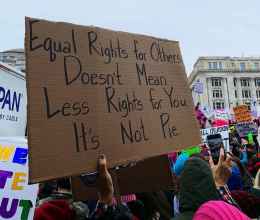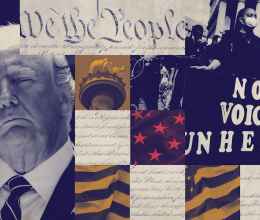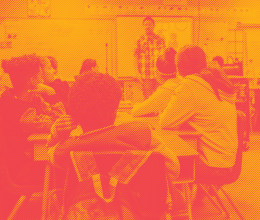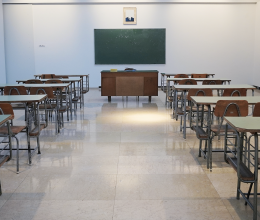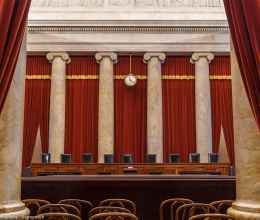Maine has made significant strides in removing racist Indigenous mascots from its schools. All of the Maine schools with Native mascots – except one – have changed to more culturally and racially sensitive alternatives.
Skowhegan alone stands in the way of making Maine the first state in the nation to completely end the use of Native peoples and imagery as mascots in schools.
This is Skowhegan’s chance to step forward as leaders and help Maine make national history.
The trend is clear. Communities across the country are beginning to listen to Indigenous leaders and retire mascots that reinforce negative and harmful stereotypes about Indigenous people.
In 2005, the National Collegiate Athletic Association (NCAA) established a policy that stood in opposition to “’hostile or abusive’ Native American mascots, nicknames or imagery.”
And research from this study on the effects of Native mascots on Indigenous people shows that derogatory mascots have significant negative impacts on Native youth.
“In part because of the stress experienced in the form of ongoing discrimination, Native American people exhibit the highest level of psychological distress of any other group in the nation, including among the highest levels of depression, substance abuse and post-traumatic stress disorder. The Native American suicide rate is among the highest in the country and has risen by an alarming 65% in the last decade alone. When considering the dire consequences associated with such mental health conditions, anything that causes additional stress and increased suffering, loss of productivity, loss of functioning or further loss of life among Native Americans, and is preventable, must be considered a public health priority.”
And the same study cited above demonstrates that negative effects are seen in both Native American and non-Native American adolescents and young adults when exposed to Native American mascots.
Supporters of these existing mascots argue that these mascots were chosen with “nothing but good intentions” and that they are meant to honor Indigenous communities. But when the individuals who are supposedly being “honored” by these mascots speak out, they tell a different story. Penobscot Nation tribal ambassador Maulian Dana wrote in an op-ed this Tuesday that “These mascots are not only hard for us to deal with on a superficial level, the way that they dehumanize us translates to racist attitudes and behaviors against us."
It’s time we step forward together, forge new traditions, and set aside the “Indian” mascot of the past once and for all.
Skowhegan, lead the way.
Read our letter to the Skowhegan School Committee here.


